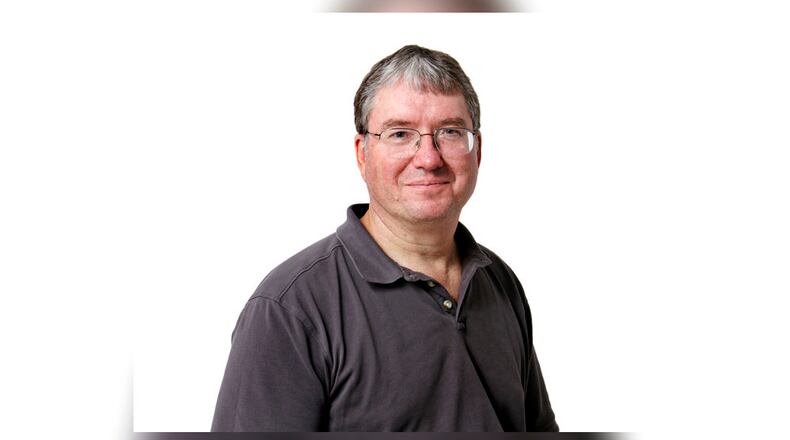The second half of the title, which comes after the colon, is appropriately sober and serious-minded: “Challenges of Meaningful Aging to Baby Boomers.”
But it is the first half, “Rethinking ‘Hope I Die Before I Get Old,’” that both grabbed me by the collar and made me laugh out loud for the way it not so much names the elephant in the room but snatches it out of the closet and plops it down on the kitchen table for all to see.
Just as Rabbi Harold Kushner called his wonderful book, “When Bad Things Happen to Good People,” to open the discussion at the point where everyone recognizes that harsh reality, “Hope I Die Before I Get Old” exposes the fear of a generation now marching like a long line of refugees into the valley of the shadow of death.
During his visit, Address plans to touch on four aspects of that journey:
• “Who is that Person in the Mirror: Reflections on Spiritual Approaches to Positive and Sacred Aging,” at 7 p.m. April 17 at Temple Shalom, 2424 N. Limestone St.
• “Jewish Teaching About Aging and Caring for the Elderly,” at 8 a.m. April 18 at a Wittenberg University medicine and religion class.
• “Blessings and Curses: Aging in the Judeo-Christian Tradition,” at 11:30 a.m. April 18 as part of the lunch and learn series at United Senior Services, 125 W. Main St.
• “To Everything There is a Season,” a discussion of religious and moral challenges of assisted suicide, Alzheimer’s and other end-of-life issues, at 7 p.m. April 18 at the temple.
Although the march into mortality is one of those things the Book of Ecclesiastes reminds us is nothing new under the sun, Address argues that increasing longevity has created “a new stage of life that can last for decades.”
Address and others at Jewish Sacred Aging argue that change influences not only the oldest generation, but calls for the sandwich generation to be renamed the “club sandwich generation,” because its members will find themselves — often at a distance, and in the midst of over busy lives — participating in all the complexities and challenges of their parents’ aging.
Like toothpicks shoved into club sandwiches to hold them together, the topic is difficult to dodge and unappetizing.
Address himself has tried to discuss how he might want to be treated if incapacitated with his own family. He remembers bringing the subject up at Thanksgiving, a practical time because it’s a time families gather, and soon found himself abandoned in a lengthy period of silence whose awkwardness would have been complete had a family member only said, “Will someone please pass the carrots?”
“But it’s really important to start having these conversations about wishes, not only end-of-life issues, about care-giving wishes,” he said.
For one, he said, “A crisis is not the time to make a decision,” he said.
In addition, just as competitive diving usually has a degree of difficulty involved in the scoring, these discussions have a degree of difficulty built into them.
Because of differences in personality, we might have honest differences of opinion as to what mom and dad might prefer, differences that can easily sharpen both because of the high stakes of the question and whatever baggage has accumulated over the year. Further complicating matters is that brothers and sisters trying to resolve difficult questions are doing so not only while confronting their parents’ mortality but while peering down the road at their own.
“All this is family system stuff” that “incorporates all generations,” Address said. And with longer life spans more people are affected.
Because end-of-life issues are understood in the context of the meaning and purpose of life, Address said, faith traditions can be extremely helpful in providing a common ground for what he suggests should begin as “very fluid discussions.”
In the face of circumstances that can be fraught with difficulties, Address says, people can depend on what he calls “the most powerful drive we have,” the power of “being present with another human being.” He says that although that power does not make the problems go away, love has the power that helps us not only get through trying times but do so in a way that can keep us connected with one another.
This represents a gritty kind of love far removed from the candles, candy, flowers of Valentine’s Day, birthdays and wedding anniversaries, a kind of love that’s not neatly packaged and tied up in a bow.
That I’ve spoken with rabbis who point to that kind of love is the fundamental reason I’ve come to so like them and I plan to listen in next week when the rabbi comes to town.
About the Author
